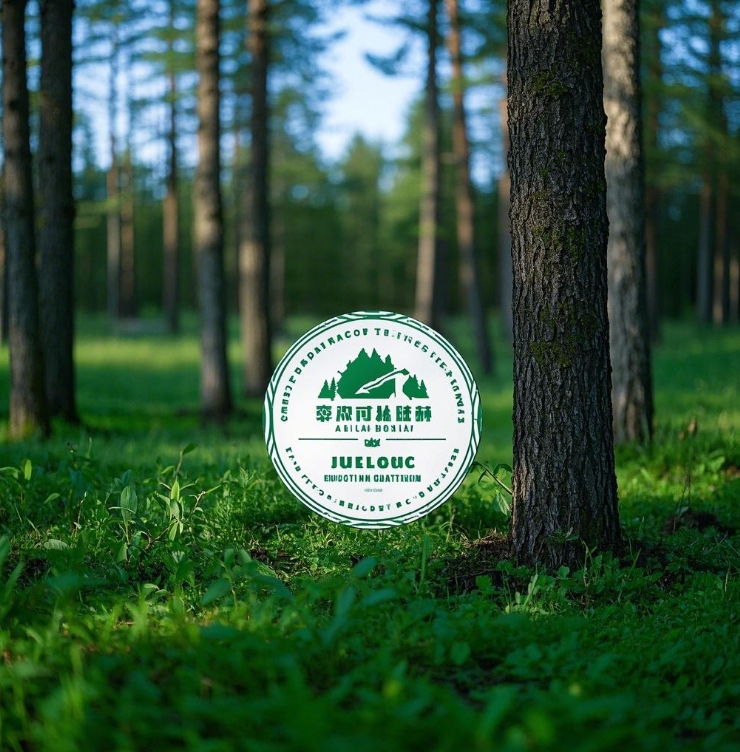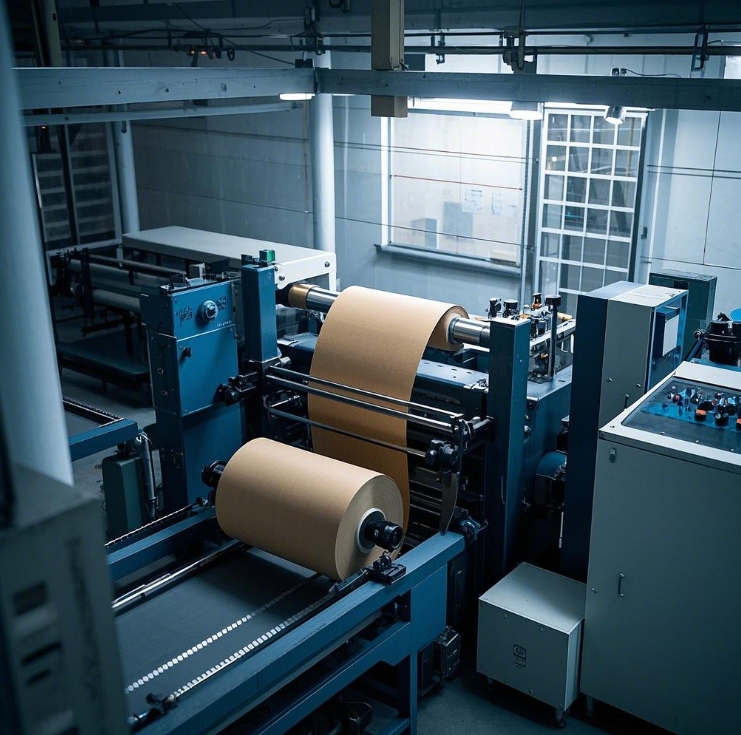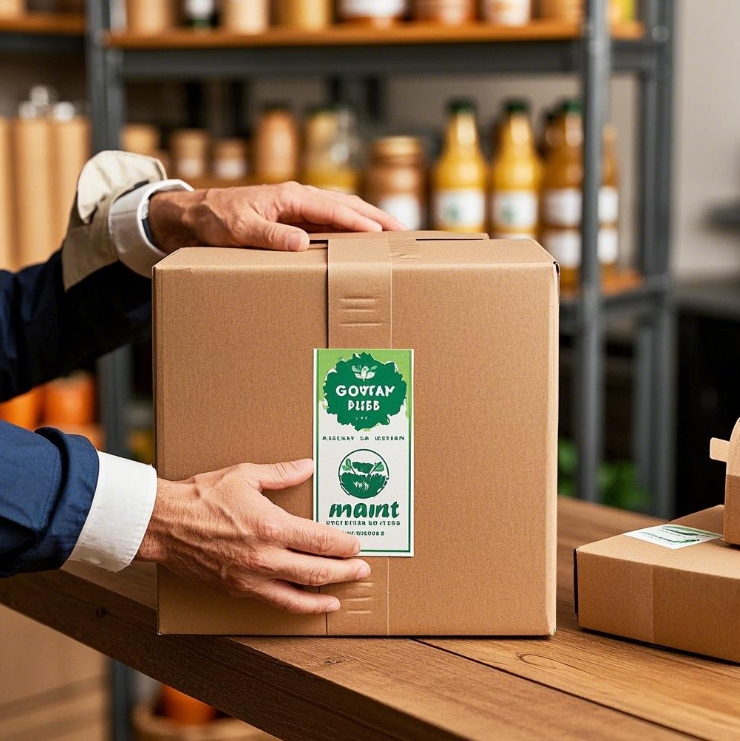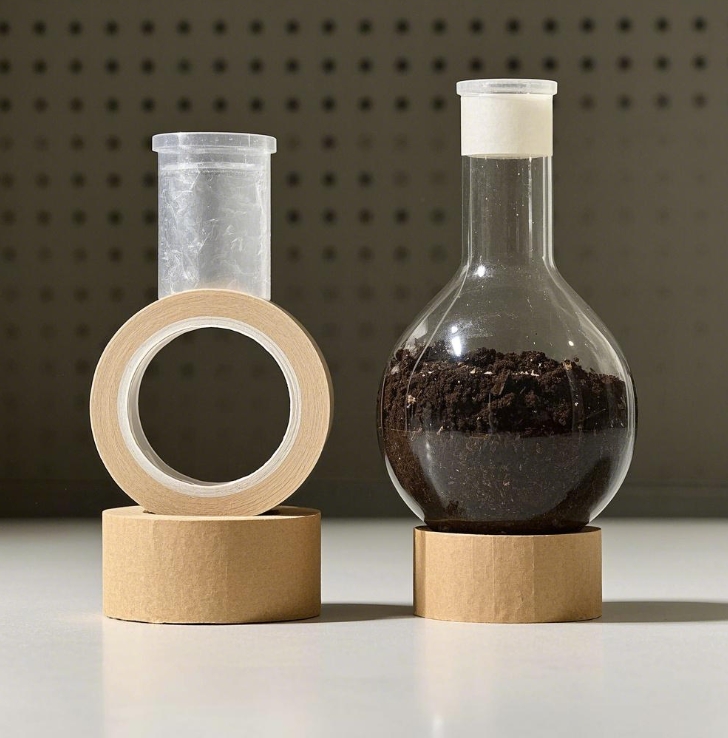



Kraft paper tape leads the green packaging revolution: revealing the four sustainable genes of environmentally friendly tape
Gene 1: Natural raw materials, defining environmental protection from the source
The core substrate of kraft paper tape, kraft paper, comes from renewable forest resources. Through scientific planting and logging management, wood is converted into high-strength natural fiber pulp, abandoning the unsustainable path of petroleum-based plastics. Its adhesive layer uses water-based acrylic adhesive, with water as the solvent. The production process has almost zero VOCs (volatile organic compounds) emissions, cutting off the hidden dangers of air pollution from the source.

Gene 2: Low-carbon production, two-way pursuit of industry and ecology
Modern kraft paper tape production lines reduce energy consumption and wastewater discharge by more than 40% through energy-saving coating technology and closed-loop water circulation systems. For example, a leading Chinese manufacturer uses a photovoltaic-powered smart factory, and the carbon footprint of a single roll of tape is 62% lower than that of traditional PE tape.

Gene three: safe application, protecting health and efficiency
Whether it is the violent sorting test of e-commerce logistics or the electrostatic sensitive packaging of electronic components, kraft paper tape performs well:
No chemical migration: passed FDA food contact grade certification, can be directly used for food packaging and sealing;
Matte writable surface: supports ink printing and handwritten marking, reducing label paper consumption;
Tear resistance: some models can bear up to 50kg/roll, comparable to plastic tape.

Gene 4: Zero waste closed loop, allowing nature to "digest" easily
- Recycling: Recycled through the same channels as ordinary waste paper, 1 ton of kraft paper tape can be recycled into 0.8 tons of recycled paper;
- Biodegradation: Under composting conditions, the degradation rate reaches more than 95% within 90 days, far exceeding the EU EN13432 standard;
- No black smoke during incineration: Low combustion calorific value and no dioxin release, it is a friendly material for waste incineration plants.

[Industry Perspective]
According to Global Market Insights data, the global environmentally friendly tape market size will exceed US$4.7 billion in 2023, with kraft paper tape leading the way with an average annual growth rate of 21%. China is the world's largest producer, and its leading companies such as Chenguang and Yongguan are continuously upgrading their products through renewable coating technology and soybean ink printing technology to seize the high-end market in Europe and the United States.
When "reducing plastic" has changed from a slogan to a rigid demand, kraft paper tape is reshaping the rules of the game in the packaging industry with its quantifiable and verifiable green genes. For Made in China, this is not only the fulfillment of environmental responsibility, but also an excellent opportunity to leapfrog to high value-added industries.









